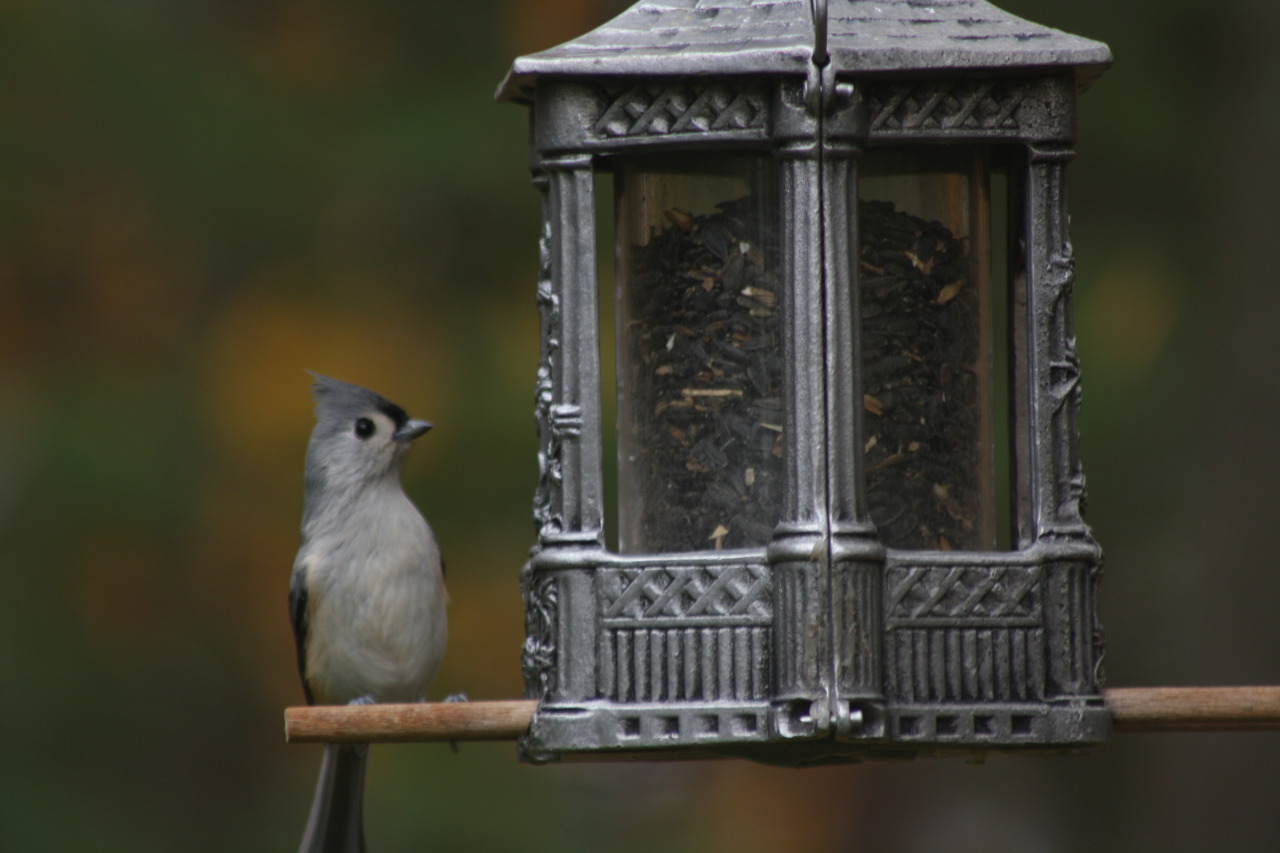Reports of Songbird Mortality Decrease
The Rhode Island Department of Environmental Management (DEM) has lifted a precautionary notice asking Rhode Islanders to take down bird feeders and bird baths.
Due to a
mysterious illness affecting songbirds throughout the eastern United States,
DEM issued an advisory in July asking the public to stop using bird feeders and
bird baths as a precaution and to report observations of dead birds to the
agency.
Although
ornithologists and wildlife biologists across 15 states have not been able to
definitively identify the cause of this illness, diseases such as avian influenza,
West Nile virus, salmonella, chlamydia, Newcastle disease virus, herpesviruses,
poxviruses, and Trichomonas parasites have not been detected.
Also, no human
health or domestic animal issues have been detected. As of mid-August, reports
of dead birds have decreased in Rhode Island, allowing DEM to lift the
recommendation to stop feeding wild birds. As always, the agency reminds the
public not to feed birds or any wildlife in areas where bears are active.
"DEM's Division of Fish and Wildlife thanks the public for their concern and taking the precautions necessary to protect our native birds," said DEM biologist John Herbert.
"As Rhode Islanders begin to put their bird feeders and
baths back in place, now is the perfect opportunity to start a regular cleaning
routine to lessen the chance of diseases spreading in places where birds
congregate. Small actions can add up in a big way to keep birds safe."
Although no confirmed cases of this illness were detected in Rhode Island, DEM reminds residents to remain vigilant if feeding wild birds. All wild bird feeders and bird baths should be regularly cleaned (once every 10 days) with a 10% bleach solution.
Other bird illnesses can be spread throughout the year, especially
during the winter, so this should be a regular practice to keep wild bird
communities healthy. If you notice any sign of sick birds, please take down
your feeders immediately.
It is important
to note that summer is an abundant time of year for birds and other wildlife
with plenty of natural fruit, seeds, and insects. The seed from bird feeders
can draw the unwanted attention of squirrels, chipmunks, turkeys, mice, rats,
coyotes, and even black bears. Wild animals that become habituated to
human-associated foods like bird seed can become a nuisance, spread disease,
and cause problems.
RIDEM
appreciates the conscientiousness of Rhode Island residents for following the
previous recommendations and reporting sick and dying birds. DEM, however,
still is asking for public reporting of sick/dying birds that are potentially
affected with this mortality event.
If the public
observes any additional sick or dead birds with crusty eyes or neurological
impairment, DEM asks that they please photograph them, noting the
date/time/location for recordkeeping. It is helpful to get a full body photo as
well as a photo of the bird's face. Please submit observations using the Bird
Mortality Reporting Form
(https://ridem.wufoo.com/forms/bird-mortality-reporting-form/).
There are many
ways to naturally support wild birds in your backyard and neighborhood that
offer more bigger benefits than offering food at a bird feeder. Here are some
tips to keep your backyard birds happy and healthy:
1. Provide
natural food: When feeding wild birds in Rhode Island, the best option is always
to plant native perennial plants. Native plants produce berries and seeds that
wild birds are accustomed to eating. Native plants also support robust insect
populations. Insects are the most critical food source for baby birds during
the breeding season. Not sure which plants are native to Rhode Island or where
to buy them for your garden? Check out the URI Master Gardeners Native Plant
Guide, which will help you narrow down plant species appropriate for your
garden conditions and find a local plant nursery that carries native plants
(https://web.uri.edu/rinativeplants/).
2. Provide
shelter: Many birds nest in natural tree cavities. If you don't have trees in
your yard, consider putting up some nesting boxes to welcome breeding birds to
the area. For instructions on how to build nesting boxes for various species,
check out the templates available on The Cornell Lab of Ornithology's All About
Birdhouses website (https://nestwatch.org/learn/all-about-birdhouses/).
3. Keep cats
indoors: Free-ranging cats, both domestic and feral, are responsible for
killing hundreds of millions of songbirds in the United States every year.
Keeping pet cats indoors or supervised outdoors will help protect birds from
unnecessary predation from cats.
4. Do not feed
birds bread or other food scraps: Bread and other processed snacks like
crackers, cereal, muffins, etc., are notoriously bad for birds. These foods can
cause severe compaction of the digestive system, growth deformities, and in
some cases death.
5. Minimize your
own use of pesticides and fertilizers: Targeting a single "pest"
species to eradicate often has unintended and undesirable consequences.
Pesticides reduce food availability for birds by reducing insect diversity.
Integrated pest management is one alternative that relies on the science of
pests, their life cycles, and their broader relationship to the environment to
yield more ecologically sensitive results than pesticide use. Organic methods
like composting and leaf mulching also can give positive results without any
risk or cost.
For more
information about DEM divisions and programs, visit www.dem.ri.gov. Follow the
Division of Fish and Wildlife on Facebook at www.facebook.com/rifishwildlife or
on Instagram (@ri.fishandwildlife) for timely updates.
Related
links
